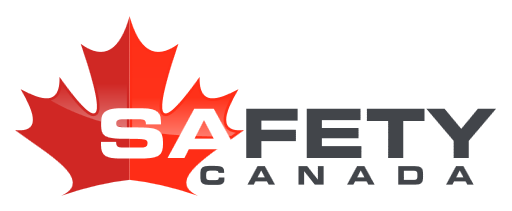Course Overview
Maintenance and repair of equipment that utilizes hydraulics systems is extremely hazardous. Maintenance personnel are engaged in procedures that expose them to a high level of risk of injury or death from hydraulic system hazards. Many incidents are a result of people working with hydraulic systems without understanding the related hazards. This online Hydraulic Safety: High Risk Maintenance Level course takes a comprehensive look at the recognition and management of hydraulic hazards with an emphasis placed on the implementation of structured procedures and energy mitigation.
Course Topics
- What are hydraulic fluids?
- Exposure to hydraulic fluids
- Potential hydraulic hazards
- Personal protective equipment (PPE)
- Safety standards and qualifications
- Recognized standards
- Your role
- Types of hydraulic hoses and hydraulic hose construction
- Hydraulic hose applications
- Hydraulic hose assembly fabrications
- Specifications and standards
- Life cycle
- How accumulators work and their application in hydraulic systems
- Procedures for testing and discharge of accumulators
- Forms of hazardous energy and the cause of unexpected movement
- Guarding
- Safety valves
- System considerations
- Safety devices
- Safety through engineered controls
- Pressurized grease
- Effects of air in hydraulic systems
- Zero energy state
- Purpose of hazard assessment
- General responsibilities
- Before work begins
- Inspections
- What is lockout?
- Lockable devices and the importance of sequence
- Hydraulic fluids and the environment
- Spill preparedness
- Acceptable disposal practices
- Biodegradable hydraulic fluids
- Absorbents
- Ethical choices
- Hydraulic incidents and fatalities
- Effects of modifications to hydraulic components
- Hazards of welding hydraulic components and interconnections
- Fluid power calculations
- Gravity
- Overhanging and runaway hazards
- Types of seals and applications
- Importance of mechanical seals
- Understanding maintenance and planning
- Commonly used threads and porting in hydraulics
- Pressure rating
- Procedures for testing and discharge of accumulators
This course takes approximately 700 minutes to complete
A passing grade of
0%
or higher required. Up to
3
attempts are provided.
A certificate will be provided upon the successful completion of this course.


